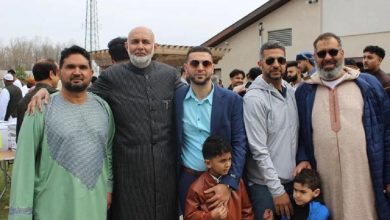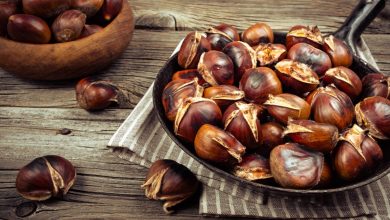Eid al-Adha Sheep Slaughter in the U.S.: Law, Faith, and Muslim Traditions
How Muslim Americans honor Qurbani while navigating U.S. laws and cultural practices.
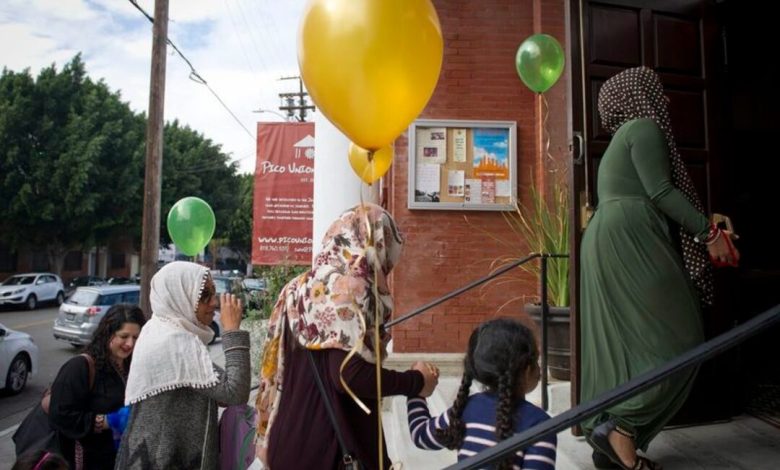
Every year, millions of Muslims in the United States prepare for Eid al-Adha, the Festival of Sacrifice, which commemorates Prophet Ibrahim’s (Abraham’s) devotion to God. A central ritual is the slaughter (Qurbani/Udhiyah) of a sheep, goat, cow, or camel, with the meat divided into three portions: one for the family, one for relatives and friends, and one for the poor and needy.
The Religious and Cultural Practice
For Muslims in the U.S., performing the sacrifice locally is both a spiritual duty and a cultural anchor. Families often purchase a sheep or goat weeks before Eid, while others donate money to have the sacrifice carried out abroad. For those performing it in America, the process is highly regulated.
Muslim leaders emphasize that Qurbani must be done according to Zabiha standards: invoking the name of God, ensuring the animal is healthy, using a sharp blade for a swift cut to the throat, and minimizing the animal’s suffering.
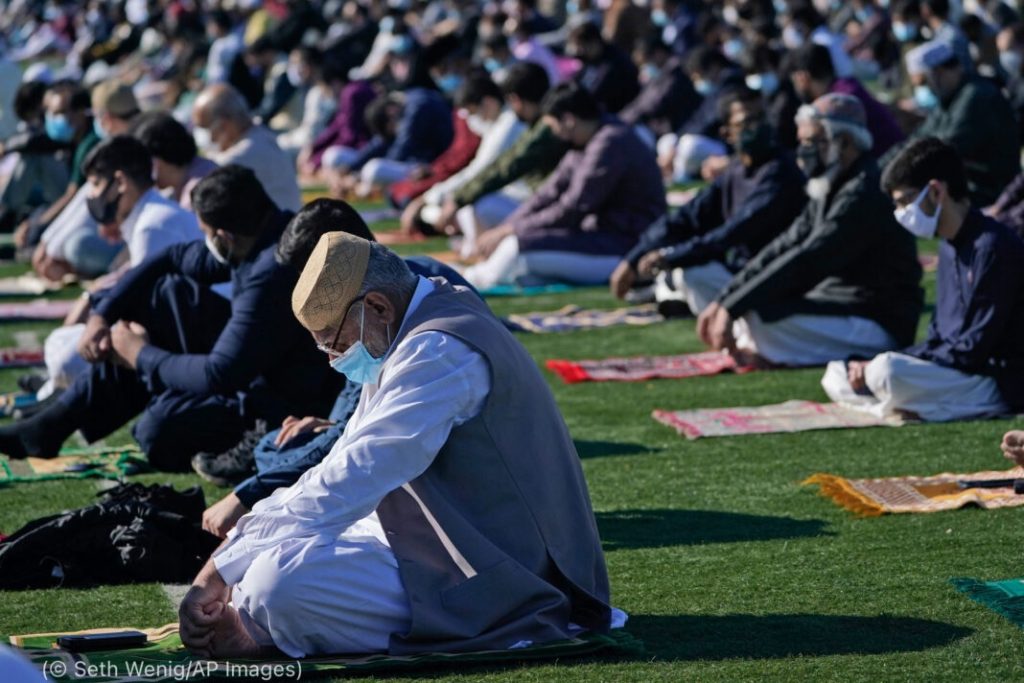
The U.S. Legal Framework
Sheep slaughter in the U.S. is regulated by both federal and state laws:
-
Federal Law:
The Humane Slaughter Act (1958, amended 1978) requires animals to be rendered insensible to pain before slaughter. However, it explicitly exempts religious slaughter practices, such as Jewish Shechita and Muslim Zabiha, ensuring the right of religious freedom under the First Amendment. -
State and Local Laws:
Some states allow ritual slaughter at licensed slaughterhouses only, while others permit limited on-farm or private slaughter if done hygienically and without cruelty. For example:-
In New York and New Jersey, Muslim communities often rely on USDA-inspected halal slaughterhouses.
-
In California, local ordinances may restrict home slaughter, pushing families to use halal butchers.
-
In rural states like Texas or Michigan, private ritual slaughter is sometimes allowed under agricultural exemptions, but sanitary disposal of remains is strictly regulated.
-
-
Animal Welfare:
Authorities enforce humane treatment laws, meaning animals must not be neglected, beaten, or slaughtered in unsanitary conditions.
Community Practices Across the U.S.
Muslim communities adopt diverse approaches to balance law, faith, and practicality:
-
Halal Farms and Butchers: Many Muslims purchase sheep from halal farms, where families can witness the sacrifice while licensed butchers carry it out according to both Islamic law and U.S. law.
-
Donations Abroad: Some families, concerned about legal complexity, donate to charities that perform Qurbani overseas in countries with food insecurity.
-
Community Festivals: Larger mosques and Islamic centers sometimes organize collective sacrifices at certified facilities, distributing meat locally to both Muslims and non-Muslims in need.
-
Education: Muslim advocacy groups educate communities on state-specific regulations to avoid fines or legal issues while maintaining religious observance.
Challenges and Social Reactions
While the First Amendment protects religious slaughter, misunderstandings occasionally arise. Animal rights activists sometimes protest Eid al-Adha slaughter, urging for pre-stunning requirements, though courts have consistently upheld religious exemptions.
In neighborhoods with large Muslim populations (such as Detroit, Chicago, or Houston), Eid meat distribution fosters interfaith dialogue and community goodwill, as non-Muslim neighbors are often included in the celebration.
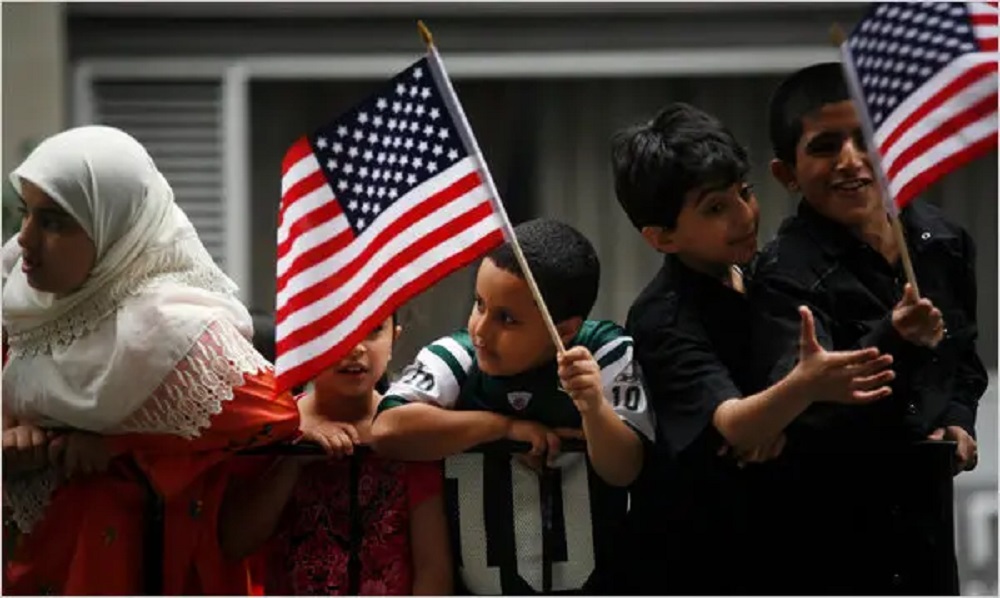
Conclusion
Eid al-Adha sheep slaughter in the U.S. highlights the intersection of faith, law, and cultural diversity. For Muslim Americans, it is not only an act of worship but also a reaffirmation of identity. With proper knowledge of U.S. regulations and community cooperation, the tradition continues to thrive—reflecting America’s broader commitment to religious freedom while respecting public health and animal welfare.
